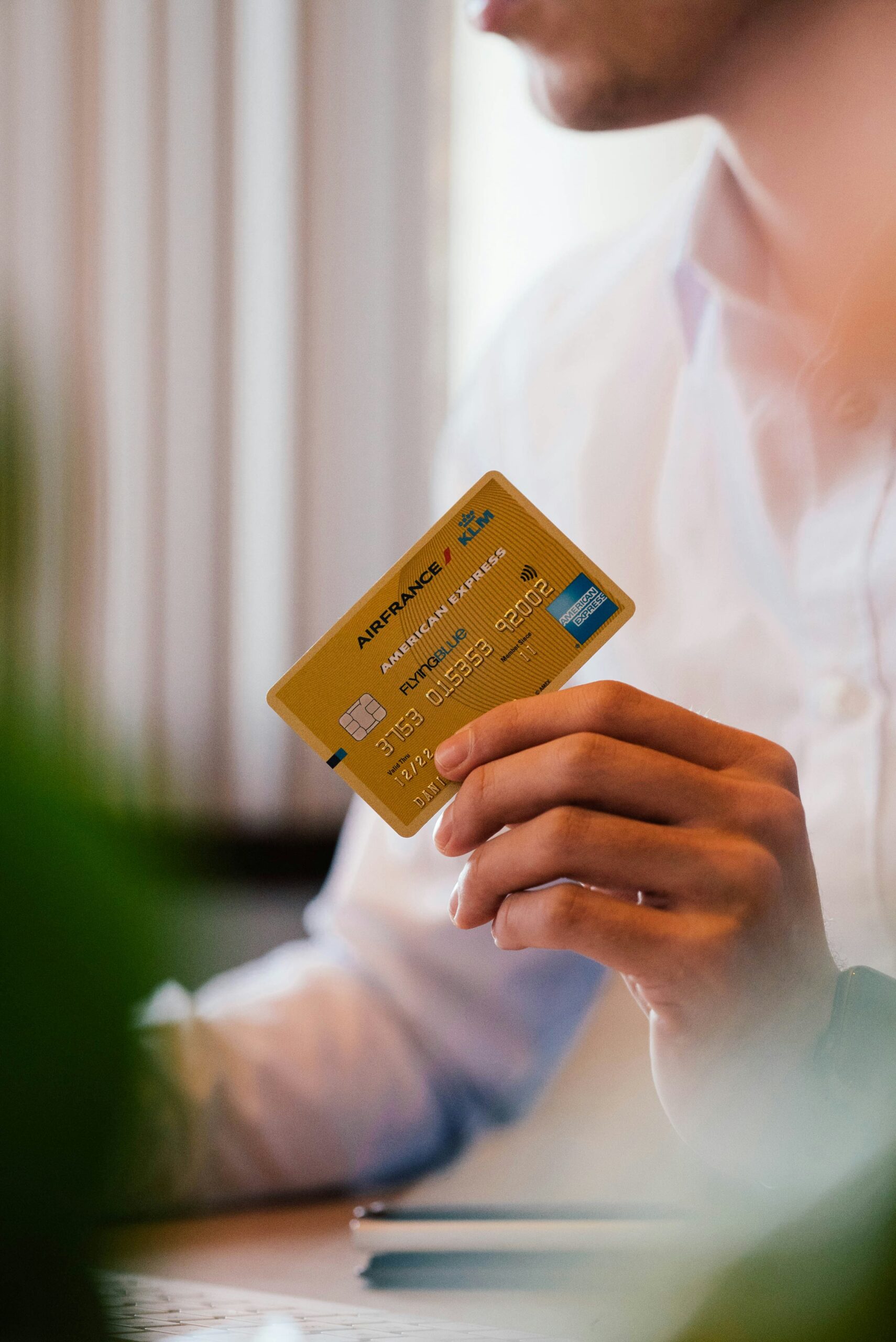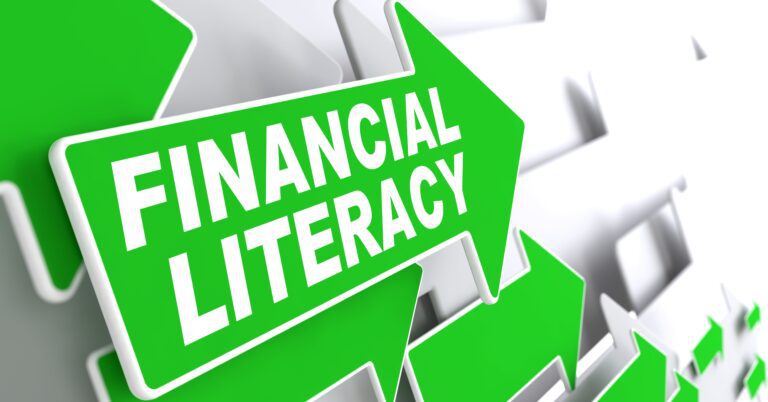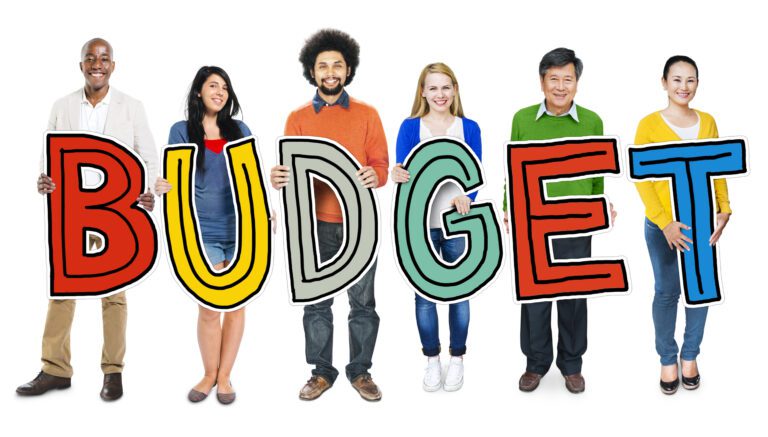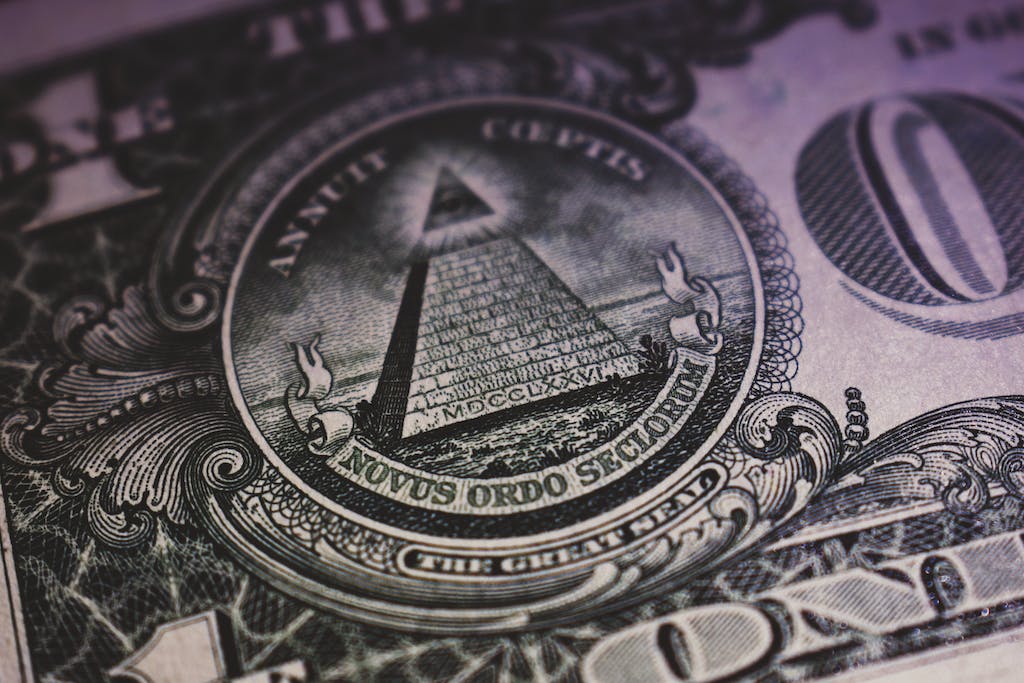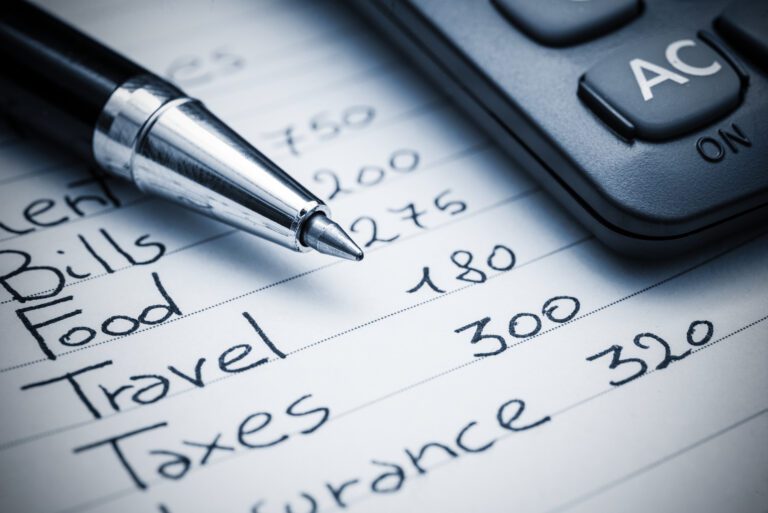Top 10 Ways To Use A Credit Card Responsibly
*Photo by CardMapr.nl on Unsplash
Steve Poehler—my brother and this week’s guest writer—discusses his top 10 ways to use a credit card responsibly. You can read more about Steve’s background after his article.
I’ve said it once, and I’ll say it again—probably the worst kind of debt you can carry is credit card debt.
I mean, it’s not necessarily life-or-death, like when you owe money to The Sopranos. But among us “regular” folks, credit card debt acts like a snowball, and it can be extremely detrimental to our financial health.
How Does It Start?
Credit card debt begins when our expenses exceed our income, and we cannot pay off the outstanding balance on the card each month. When this happens, an (often high) interest charge gets tacked on.
The next month comes, and we still cannot pay off our “normal” expenses. Suddenly, we have a “minimum credit card payment” due, on top of the regular bills we couldn’t pay off the month before.
Months go by, more purchases and interest pile on, and bam—it didn’t take long to rack up $10,000 or $20,000 or, God forbid, even more for what we owe a credit card company—or, in many cases, multiple companies. Not to mention, if we only pay the minimum payments due each month, it could take us years to pay off our credit card debt.
What’s particularly frustrating is how quickly credit card debt can get up there—and often how long it takes to pay it back. See the snowball effect?
Credit Cards Are Not All Bad
Courtesy of my friends at the American Institute of American Certified Public Accountants (AICPA), of which I am a member, “used responsibly, credit cards can be helpful in an emergency and for establishing a credit history.”
But how do we use credit cards the “right” way? Here are some tips from the AICPA:
1. Be Aware of “Teaser” Rates:
In order to attract new customers, credit card companies sometimes offer low introductory interest rates. Then, after a certain period, for example, six months, the interest rate jumps way up. It is important to make sure you understand when the rate will go up and to how much—and then shop around for the best deal.
2. Stick with One Credit Card:
It can often be tempting to get multiple credit cards, especially when a store, such as Macy’s or Home Depot, offers discounts on purchases if you apply for their company card. However, managing only one credit card makes it much easier to stay on top of. Not only that, but when you apply for more than one credit card, it can hurt your credit rating. You can also run into a vicious cycle if you pay off one credit card with another.
3. Pay in Full Every Month:
Remember my snowball analogy? Well, the way to avoid that is to get in the habit of paying off the outstanding balance in full every month. By doing that, you can avoid being charged with any interest. This can be easier said than done, and it starts with creating and sticking to a sound budget.
4. Pay on Time:
Be sure to send in payments several days before the due date to allow mailing or processing time (if paying online). Late penalties can be costly, and some companies will even bump up the interest rate if your payment arrives after the due date.
5. Avoid Cash Advances:
The interest rate charged on cash advances is typically much higher than the rate charged on everyday purchases. Only in emergency situations should you ever need a cash advance.
6. Protect Your Credit History:
As soon as you start using a credit card, the payments (whether paid on time, late or not at all) become part of your credit history. Opening a credit card account is a good way for a college student to start building that credit history. Just beware that poor credit history can negatively affect your ability to rent an apartment, get a job, or buy a car or house—and how much interest you are charged on those related loans.
7. Watch Out for the Credit Limit:
Just because you are approved for an $8,000 credit limit, most certainly does NOT mean you can afford to run up the outstanding balance to $8,000. Carrying a balance that is close to your credit limit is also damaging to your credit score. In contrast, maintaining lower balances helps you to avoid penalties and ensures that you will have the credit available in the event of a true emergency.
8. Review Your Statements Carefully:
Be sure to review your monthly credit card statements, either in paper form or online. That way, you can immediately inform your credit card company if you see any discrepancies, errors, or—worst case—fraud.
9. Report a Lost or Stolen Card Immediately:
Quickly notifying your credit card company of a lost or stolen card can reduce the risk of any fraudulent purchases. Companies most often will mail you a replacement card immediately and at no cost.
10. Protect Personal Information:
Never provide your credit card number, unless making a telephone or online purchase. Also, don’t let anyone else use your credit card, and do not charge purchases for other people. This could lead to fraud, and ultimately you would be on the hook for paying off these purchases if your friend doesn’t pay you back.
Credit cards can be a helpful and easy tool for making purchases.
Just make sure to follow the steps above to protect yourself. After all, no one likes to get buried in an avalanche (financially speaking, of course)!
Steve Poehler is a father, a husband, and a huge sports fan. A former sports writer, Steve is now a CPA who spent five years working at a public accounting firm before becoming a Senior Financial Analyst for a nonprofit organization, the Catholic Archdiocese of Portland. Steve loves to work out, be outdoors, and follow sports, including his beloved Denver Broncos. Steve lives in Portland, Oregon, with his family.

